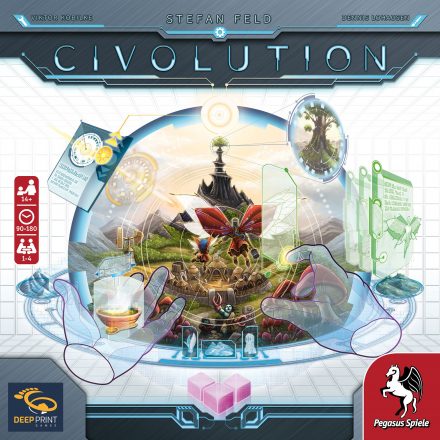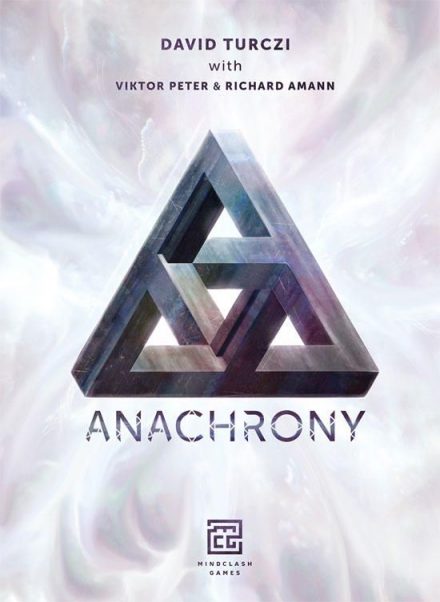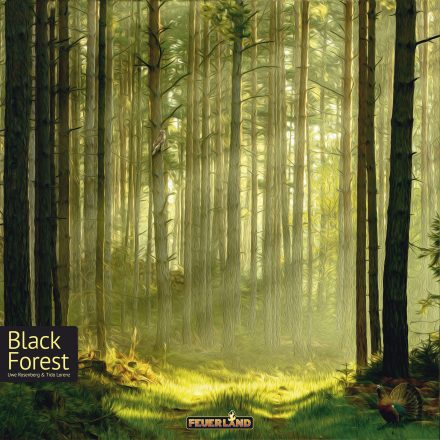Hello, student beings! The cosmic faculty of the Technical Academy of Creation is delighted to welcome you to your Civolution, the final exam in Civilization Design!
For this occasion, we prepared a humanoid scenario on an isolated continent. Here, each of you holds the rank of a local deity which is closely linked to its very own civilization and must lead it to success over the other civilizations. Your developmental possibilities are endless and reach from cultural and technical progress to evolutional adaptations. For example, what would you consider more beneficial to your tribes: inventing the wheel or growing wings? Demonstrate your ability to operate your civilization console and show us how well you can adjust to changeable environmental conditions and mild creational chaos.
When the exam ceases after four eras, whoever managed to gather the most success points will not only pass the exam but will become a full member of the Technical Academy of Creation and garner the opportunity to be promoted to the next instance.
Civolution is a medium heavy to heavy euro-style game that utilizes a dice selection mechanism to trigger actions on a tech tree-like structure. As you figure out how to best use your dice and put your unique cards into play, tons of strategies and paths to victory emerge, though each time you play, you will only explore a fraction of the possibilities that the game’s system and many cards provide.
Game Mechanics:
- Events
- Modular Board
- Open Drafting
- Pattern Building
- Tech Trees / Tech Tracks
- Variable Set-up
Game Specifications:
- 1 – 4 Players
- 90 – 180 Minutes
- Difficulty Weight 4.22










